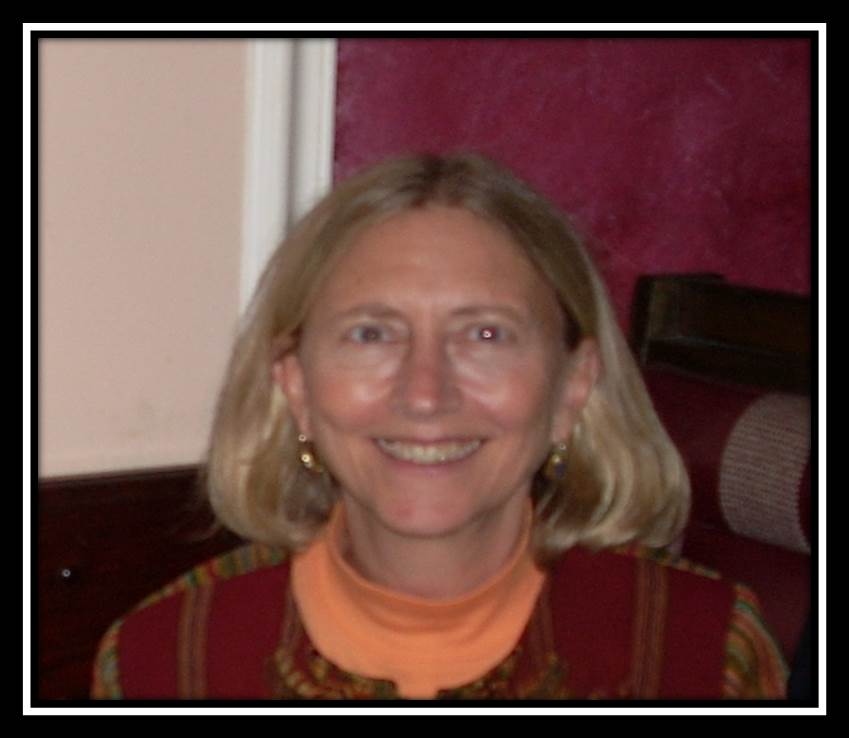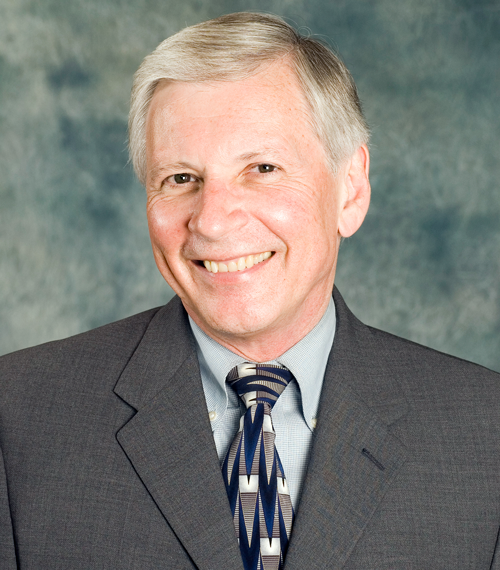You are here
The Power of Community
May 19, 2015
By Andrea Blanch, Ph.D. and David Shern, Ph.D.
Two weeks ago, Liberia was officially declared “Ebola free.” Liberia was ground zero of the Ebola epidemic, with confirmed cases in all 15 counties and almost 5,000 Ebola-related deaths. Chronic poverty and years of civil war had devastated the country’s health care system. At the height of the epidemic, containing the disease seemed almost impossible. But the last reported case was in March.
What led to this turnaround? Several factors contributed. Donor nations and international aid groups poured expert assistance into the country. President Ellen Sirleaf-Johnson also provided important national leadership. While admitting to early mistakes - including the imposition of a tough security crackdown that fed public fears – her government led a highly effective public education campaign that played a key role. But commentators have been consistent in giving another group the biggest share of the credit – Liberian citizens themselves. Neighborhood groups rooted out the virus by going house by house, locating individuals who were sick. They worked to change behaviors, like washing bodies after death, long-rooted in cultural traditions. It was their action that ultimately turned the tide on the outbreak.
As in Liberia, communities across the United States are mobilizing to fight another type of epidemic. We have recently summarized research showing how toxic stress and trauma are affecting the health and wellbeing of the U.S. population. These problems are reflected in declining academic performance, high levels of violence, the highest incarceration rate in the world, mental health and substance abuse problems, and many other indicators of declining human capital.
This week, the Substance Abuse and Mental Health Services Administration took an important step in recognizing this epidemic and identifying potential solutions. They convened a meeting of citizen teams from six communities that are mobilizing for action. The passion, commitment and creativity these individuals bring to their task is beyond inspiring. Most are working as volunteers or are doing this work in addition to their paid employment. All understand the lesson from Liberia – that turning the tide on violence and trauma will require widespread citizen involvement in concert with professional expertise.
Each community has unique strengths and problems, and each has taken different initial steps. In Kansas City, police are eagerly embracing a program to address the trauma they experience in their lives and work, and the Chamber of Commerce is encouraging members to become trauma-informed. In Philadelphia, inner city residents are rebuilding community cohesion through citizen public art, and gang violence is being reduced through prevention and intervention. San Francisco is training the entire public health department (all 9,000 staff) in cultural humility and trauma-informed approaches. Walla Walla has demonstrated how using a trauma-informed approach can turn around a failing school, dramatically reducing suspensions and improving academic performance. Tarpon Springs has organized hundreds of citizens to work towards a safer and healthier community, and is helping former prisoners succeed in the community by addressing childhood trauma. In Worcester, people in recovery from mental illness, substance abuse, and trauma have led a community-wide effort to increase compassion and to celebrate differences.
These efforts – and others like them - need to be expanded and replicated as quickly as possible. Communities all across the country are reeling from racially charged incidents, outbreaks of violence, and mass shootings. A participant from Baltimore noted that although the city currently looks calm, some neighborhoods have been flooded with drugs and have seen a steep spike in homicides since the end of the riots. These problems are not unrelated. They reflect our failure to address social conditions that create toxic levels of stress for many of our most vulnerable citizens.
David Nabarro, UN special envoy, said about Liberia: “Fundamentally, this is about the extent to which societies change their behaviors, how they change them, and the speed at which they change them.” In Liberia, once people understood they were faced with a devastating infectious threat, they changed quickly and dramatically. Ultimately, untold thousands of lives were saved. The threat facing us may not be as dramatic as Ebola, but it is just as deadly. If we are going to put an end to the current epidemic of toxic stress, violence and trauma, we have to change just as quickly and dramatically as Liberia did. The federal government took a welcome step in this direction this past week.
Additional resources:
http://www.mentalhealthamerica.net/blog/kansas-city-gets-it-right
http://www.philaceasefire.com/
http://www.leapsf.org/pdf/Trauma-Informed-Systems-Initative-2014.pdf
http://communityresiliencecookbook.org/tastes-of-success/the-walla-walla-washington-story/
https://www.youtube.com/watch?v=EQhqkZSvKs8&feature=youtu.be

|
Andy Blanch, PhD, has been an advocate for the development of trauma-informed public policies and programs for the past 30 years. |

|
Dr. David Shern is the Senior Science Advisor at Mental Health America having served as its President/CEO from 2006-2014. He also has a faculty appointment in the Department of Mental Health at the Hopkins Bloomberg School of Public Health and previously was a Dean and Professor at the University of South Florida. |







Add new comment